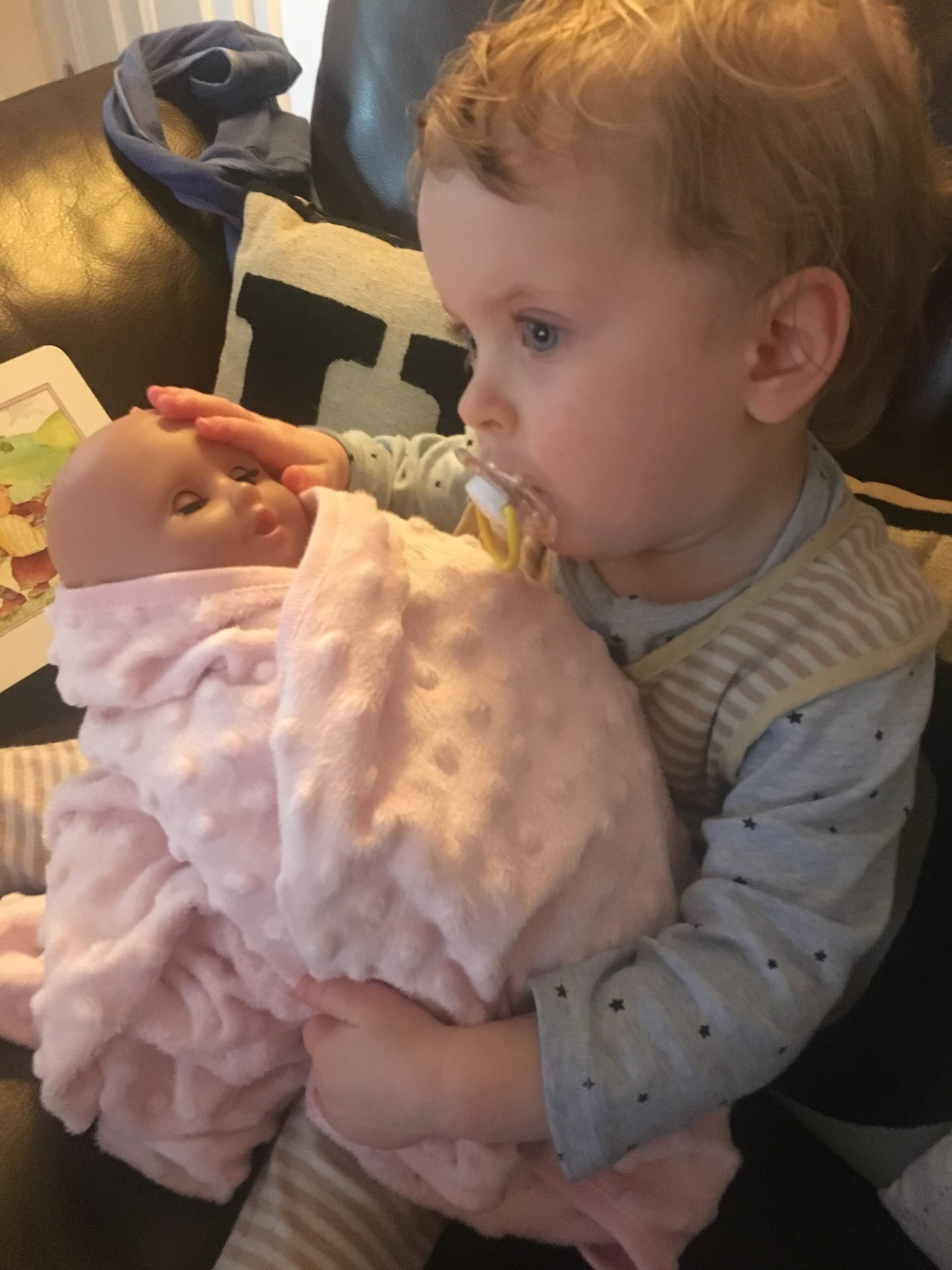There are many reasons why parents might choose to use pacifiers for their babies and later, toddlers too. Whether or not you use a pacifier or soother is a very personal decision and there is nothing wrong with using one to provide comfort to a young baby if you feel it helps them to settle at night in particular. Young babies have a strong sucking reflex, so especially if they might not be breastfeeding – or their mother needs a break (to sleep most probably), then a pacifier can really be a help to both parent and baby. There is also evidence that using a pacifier (or dummy, if you’re in the UK) can even provide some protection against SIDS (sudden infant death syndrome).
A question often wondered about by parents of babies or toddlers, is that what happens if a toddler does not want to give up their pacifier, and doesn’t seem to be talking much as a result? Can a pacifier actually cause speech issues or a delay in language skills or speech when a toddler continues to use one? And if so, why is this, and what can parents do to avoid or correct this?

A 2021 study by the International Journal of Language & Communication Disorders found that there was not a very obvious link in speech issues in young children as a result of pacifier use (although sample size was mostly in younger babies than toddlers). The detrimental timing of pacifier use was believed to be prolonged day-time use, rather than at night… which makes sense, as day time would be when a child is awake and learning and practising their speech.
The NHS in England, UK states in an information sheet from a regional Speech and Language therapy service, that overuse of a pacifier does have a detrimental affect and can cause some speech delay. Examples are the pacifier restricting tongue movements needed for speaking certain letters and sounds, increased dribbling caused by dummy use (which can make speech sound more unclear) plus a child making less effort to vocalise with words due to the comfort provided by having their soother in their mouth.

